Your body has a way of signaling when something is wrong, and this includes when you’re lacking essential nutrients. Ignoring these signals can lead to long-term health problems. Here are 10 common symptoms of nutrient deficiencies, what they could mean, and practical solutions to address them.
Content is for informational purposes only and is not a substitute for medical advice. Please consult your doctor regarding your health and any medical conditions.
1. Fatigue & Weakness → Iron Deficiency.

Depositphotos
Feeling constantly drained? Iron deficiency can lead to anemia, causing extreme fatigue, weakness, dizziness, and pale skin. Without sufficient iron, your body struggles to produce hemoglobin, which is responsible for carrying oxygen to your cells.
Solution: Boost your intake of red meat, spinach, lentils, and fortified cereals. To improve absorption, pair iron-rich foods with vitamin C sources like citrus fruits.
2. Brittle Nails & Hair Loss → Biotin (Vitamin B7) Deficiency.
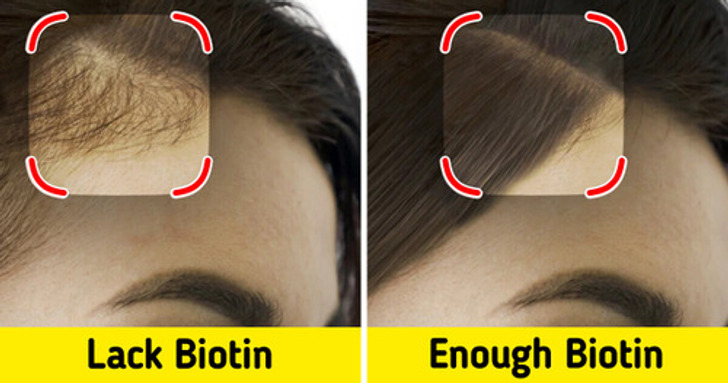
TanyaLovus / Depisitphotos
Splitting nails and thinning hair can be signs of biotin deficiency, as biotin is crucial for keratin production and maintaining healthy hair and nails. Prolonged lack of biotin may also cause skin rashes and neurological problems.
To address this, incorporate biotin-rich foods like eggs, nuts, whole grains, and avocados into your diet. If your diet is limited, consider taking a biotin supplement to ensure adequate intake.
3. Frequent Muscle Cramps → Magnesium, Potassium, or Calcium Deficiency.

Frequent muscle cramps may indicate a lack of essential electrolytes, which are vital for proper muscle function and nerve signaling. If left unaddressed, ongoing deficiencies can result in more serious issues like muscle weakness and spasms.
To prevent this, include electrolyte-rich foods such as bananas, leafy greens, dairy, and nuts in your diet. Make sure to stay hydrated, and if cramps continue, consider using electrolyte supplements.
4. Cracked Lips & Mouth Sores → Vitamin B Deficiency.
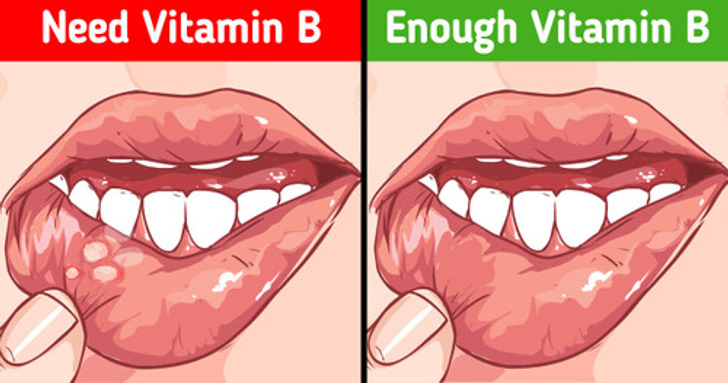
Painful cracks at the corners of your mouth or recurring canker sores may signal a deficiency in B vitamins, especially B2 (riboflavin), B3 (niacin), and B6. These vitamins play a key role in maintaining skin health and supporting energy metabolism.
To address this, incorporate foods like lean meats, dairy, mushrooms, and almonds into your diet. If you have conditions that affect nutrient absorption, such as celiac or Crohn’s disease, consider taking a B vitamin supplement.
5. Poor Night Vision & Dry Eyes → Vitamin A Deficiency.
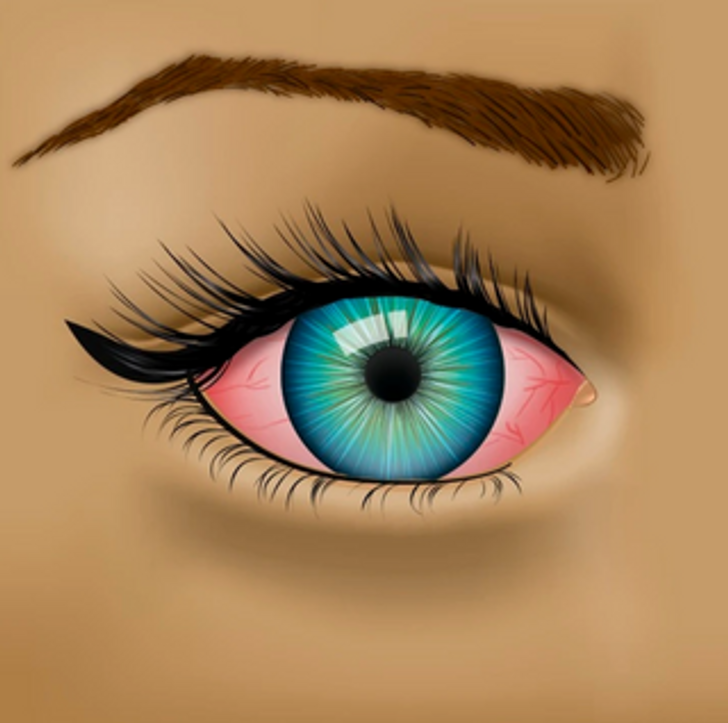
Difficulty seeing in low light or dealing with dry, irritated eyes could indicate a vitamin A deficiency, as this nutrient is vital for maintaining eye health and supporting immune function. In severe cases, a lack of vitamin A may even lead to night blindness.
To address this, include more vitamin A-rich foods like carrots, sweet potatoes, dark leafy greens, and liver in your diet. Be cautious with supplements, as excessive vitamin A intake can be harmful.
6. Numbness & Tingling → Vitamin B12 Deficiency.
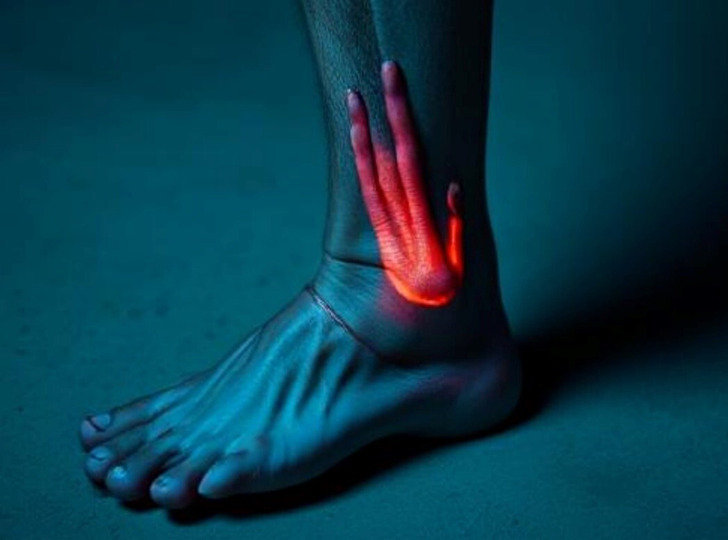
A tingling sensation in your hands and feet, combined with balance difficulties and memory issues, may signal a vitamin B12 deficiency. This vitamin is essential for nerve function and red blood cell production. Vegans and older adults are at a higher risk of deficiency.
To address this, include more B12-rich foods like fish, eggs, dairy, and fortified cereals in your diet. Vegans should consider taking B12 supplements or consuming fortified plant-based foods to meet their needs.
7. Easy Bruising → Vitamin C Deficiency.

If you bruise easily or notice that your wounds heal slowly, it could be a sign of vitamin C deficiency. This nutrient is essential for collagen production and immune function. Prolonged lack of vitamin C can lead to scurvy, a condition characterized by severe bleeding and gum disease.
To address this, increase your intake of vitamin C-rich foods like citrus fruits, bell peppers, strawberries, and tomatoes. Smokers should pay extra attention to their vitamin C levels, as they require more due to higher oxidative stress.
8. Bone Pain & Weakness → Vitamin D Deficiency.
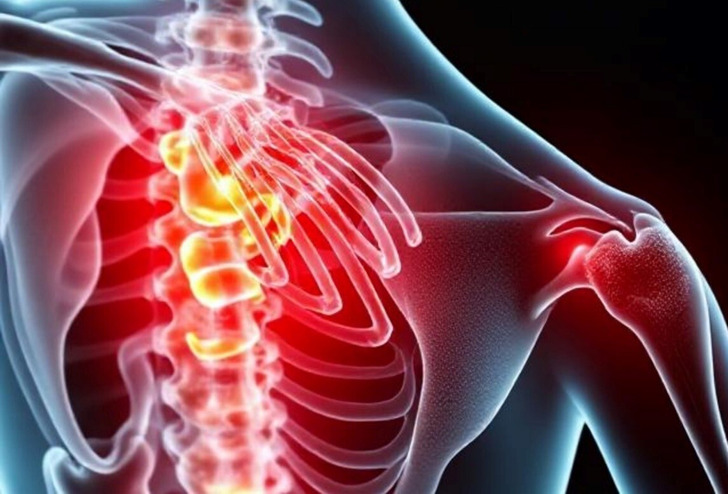
Frequent bone pain, fractures, or general weakness may indicate a vitamin D deficiency, as this nutrient is essential for calcium absorption and maintaining strong bones. People with limited sun exposure are particularly prone to this deficiency.
To address this, aim for 10–30 minutes of sunlight daily and include vitamin D-rich foods like fatty fish, eggs, and fortified dairy in your diet. During winter or if sun exposure is limited, consider taking a vitamin D supplement to ensure adequate levels.
Advertisement
9. Persistent Skin Issues → Zinc Deficiency.
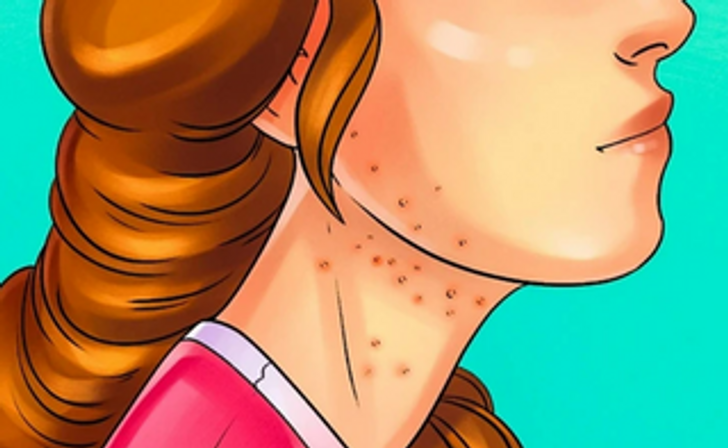
Acne, rashes, or delayed wound healing may be signs of a zinc deficiency, as zinc plays a critical role in immune function, skin repair, and managing inflammation.
To address this, incorporate more zinc-rich foods like shellfish, nuts, seeds, legumes, and whole grains into your diet. If you have digestive conditions that hinder nutrient absorption, consider taking a zinc supplement to meet your needs.
10. Constant Sugar Cravings → Magnesium Deficiency.

Frequent, uncontrollable sugar cravings could indicate a magnesium deficiency, as magnesium is vital for regulating blood sugar levels and supporting insulin sensitivity. A lack of magnesium may also lead to mood swings and increased anxiety.
To address this, include magnesium-rich foods like dark chocolate, nuts, whole grains, and avocados in your diet. Cutting back on processed sugars can also help preserve your magnesium levels.
Feeling unusually tired or experiencing unusual symptoms? These could be signs of nutrient deficiencies. If you’ve noticed any of the issues mentioned, making dietary changes to incorporate the right foods can have a significant impact. For more signs and solutions, explore further here.
Preview photo credit TanyaLovus / Depisitphotos
credits by: Brightside.me






